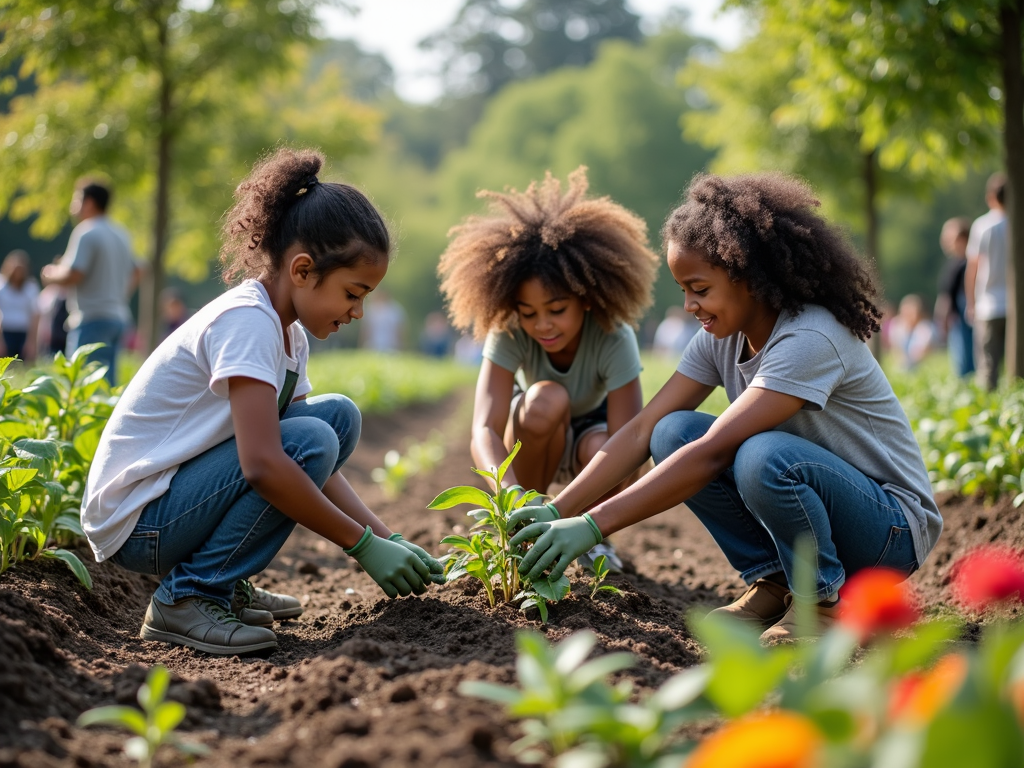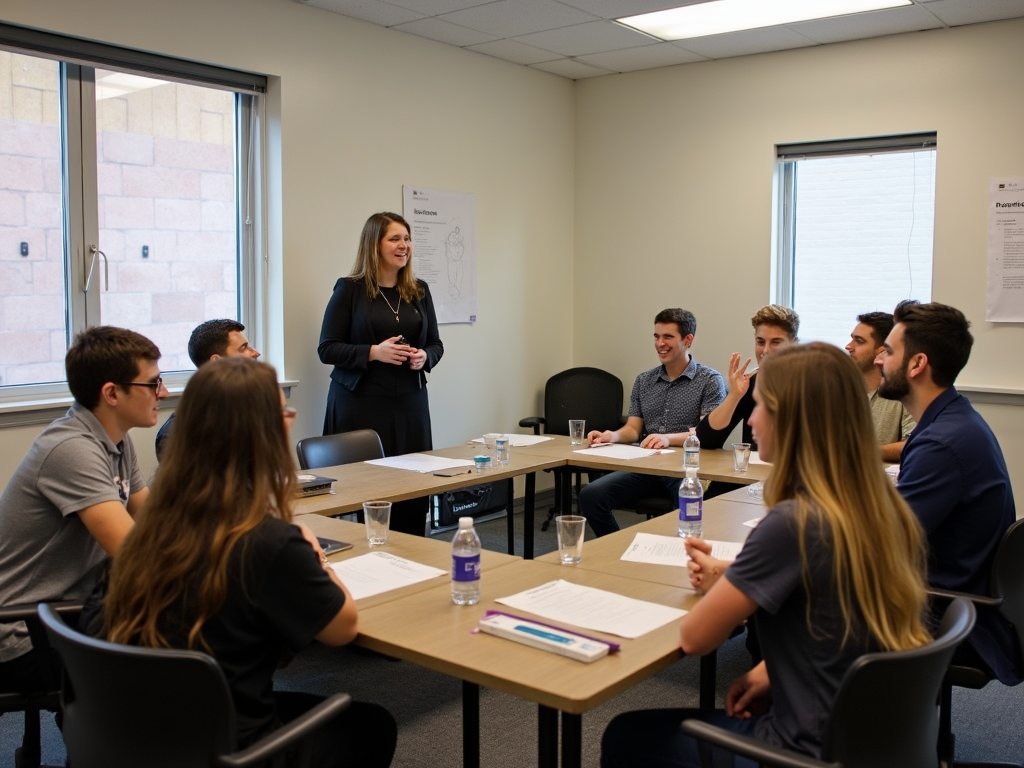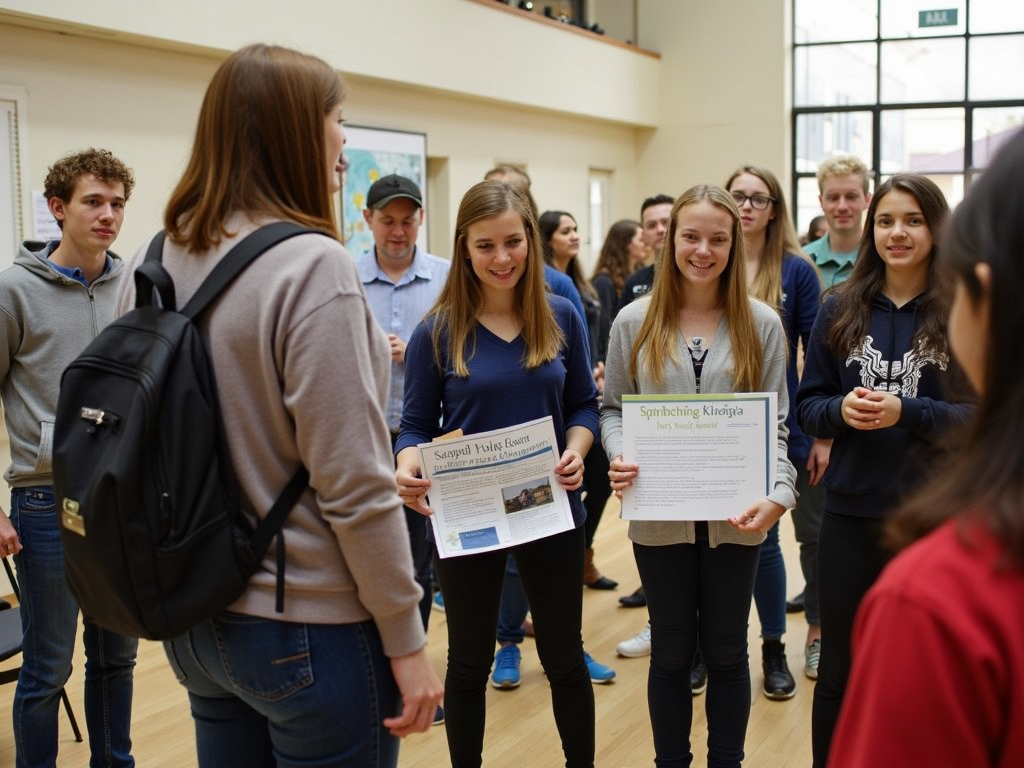The Power of Service Learning in Education: Unlocking Leadership and Teamwork
By , April 20, 2025
Service learning is a powerful educational tool that combines academic learning with community service. It not only enhances students' understanding of course material but also fosters leadership skills, teamwork, and civic engagement. This article explores the transformative power of service learning in education and why it matters.
What is Service Learning?
Service learning is an educational approach where students engage in community service activities that are directly related to their academic curriculum. Unlike traditional volunteering, service learning is structured to meet specific learning objectives while addressing community needs. For example, a biology student might participate in a local environmental cleanup, applying their knowledge of ecosystems while contributing to the community.
The Benefits of Service Learning
Service learning offers numerous benefits for students, educators, and communities. It enhances academic learning by providing real-world applications of classroom knowledge. Students develop critical thinking and problem-solving skills as they tackle community issues. Additionally, service learning promotes personal growth, empathy, and a sense of social responsibility.

Fostering Leadership Skills Through Volunteerism
One of the most significant impacts of service learning is its ability to foster leadership skills. By taking on roles in community projects, students learn to lead initiatives, manage teams, and make decisions. For instance, organizing a food drive requires planning, delegation, and communication—key leadership skills. These experiences prepare students for future leadership roles in their careers and communities.

Why Teamwork Matters in Leadership
Effective leadership is often rooted in strong teamwork. Service learning projects require collaboration, where students must work together to achieve common goals. This collaborative environment teaches students the importance of teamwork in leadership. They learn to value diverse perspectives, resolve conflicts, and support one another—skills essential for any leader.

Service Learning and Civic Engagement
Service learning also plays a crucial role in promoting civic engagement. By participating in community service, students become more aware of societal issues and the importance of active citizenship. They are more likely to vote, volunteer, and engage in community activities as adults. This engagement is vital for building strong, resilient communities.
Personal Insights
As someone who has participated in service learning, I can attest to its transformative power. During my college years, I volunteered at a local shelter, applying my sociology studies to understand homelessness better. This experience not only deepened my academic knowledge but also inspired me to pursue a career in social work. It taught me the value of empathy, leadership, and teamwork—lessons that continue to shape my professional journey.

Service learning is more than just an educational tool; it's a catalyst for personal and societal growth. By integrating community service with academic learning, it fosters leadership skills, teamwork, and civic engagement. As educators and students embrace this approach, they contribute to a more compassionate and capable generation ready to tackle the challenges of tomorrow.